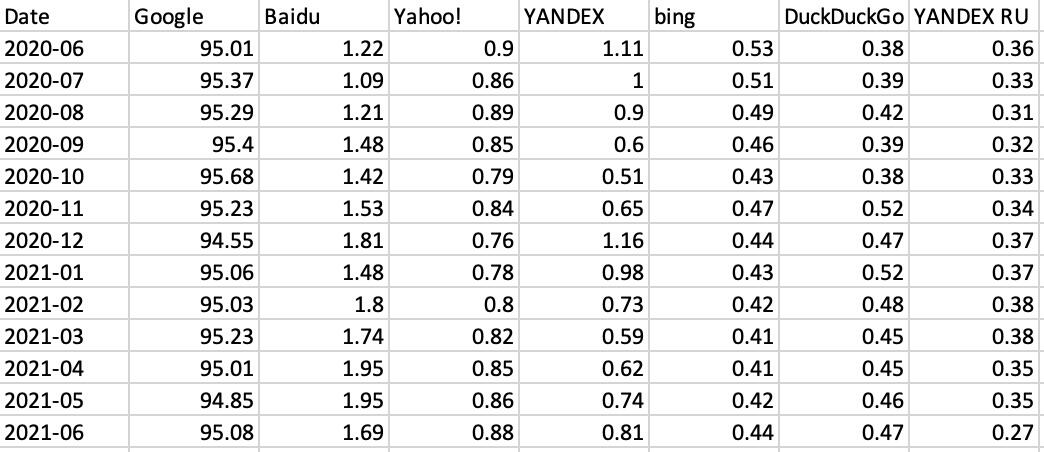- I recommend the Pixel 9 to most people looking to upgrade - especially while it's $250 off
- Google's viral research assistant just got its own app - here's how it can help you
- Sony will give you a free 55-inch 4K TV right now - but this is the last day to qualify
- I've used virtually every Linux distro, but this one has a fresh perspective
- The 7 gadgets I never travel without (and why they make such a big difference)
How DuckDuckGo makes money selling search, not privacy

Commentary: DuckDuckGo is small by Google’s standards, but the company is proving it’s very possible to make a lot of money with just a bit more privacy.
Image: GettyImages/gremlin
I can’t get away from DuckDuckGo’s billboards. All along I-15 in Utah, DuckDuckGo’s billboards proclaim peace, love and privacy (here’s an example of a DuckDuckGo billboard). Despite negligible browser market share, DuckDuckGo has been profitable since 2014 and generated over $100 million in revenue last year. This is despite StatCounter pegging DuckDuckGo’s mobile market share (its strongest platform) at .04% in June 2021.
It turns out you don’t need to have hegemonic market share to make a comfortable living in search engine land. Nor do you have to sell user privacy. Who knew?
SEE: Report: SMBs are unprepared to tackle data privacy (TechRepublic Premium)
DuckDuckGo: selling search, not identity
As much as we may resist the idea of being tracked online, we’re often told it’s necessary to give us personalized results. DuckDuckGo CEO Gabriel Weinberg disagrees:
It’s actually a big myth that search engines need to track your personal search history to make money or deliver quality search results. Almost all of the money search engines make (including Google) is based on the keywords you type in, without knowing anything about you, including your search history or the seemingly endless amounts of additional data points they have collected about registered and non-registered users alike. In fact, search advertisers buy search ads by bidding on keywords, not people….This keyword-based advertising is our primary business model.
Furthermore, Weinberg contends, no one needs the volume of data tracked online to deliver a great customer experience or make money. “The fact is, these companies would still be wildly profitable if, for example, they dropped all of these hidden trackers across the web and limited the amount of data they keep to only what is most necessary.”
SEE: How to manage passwords: Best practices and security tips (free PDF) (TechRepublic)
Supporting this claim is DuckDuckGo’s financial success. No, it’s not $147 billion, which is what Google generated last year in advertising revenue. But DuckDuckGo netted its $100 million with dramatically less market share. Figure A shows StatCounter data for mobile, which is DuckDuckGo’s strongest market. Its market share on the desktop is still negligible.
Figure A

StatCounter pegged DuckDuckGo’s mobile market share at .04% in June 2021.
Image: StatCounter
Google is, of course, the standout here. But it’s impressive that DuckDuckGo has greater market share than Bing, despite not having the benefit of a big corporation behind it. And if we restrict ourselves to U.S. market share in mobile, DuckDuckGo is second only to Google (albeit a distant second). DuckDuckGo search traffic has jumped 55% over the past year, with an estimated 70 to 100 million users.
This may be why the company has attracted a who’s who of individual investors: Tim Berners-Lee, creator of the World Wide Web, Mitch Kapor, founder of Lotus and later Mozilla, and Brian Acton, cofounder of WhatsApp. And it’s why I just switched my default search engine on Chrome (laptop and iPhone) to DuckDuckGo to see if I give anything up by reclaiming a bit of my privacy. It might be something you’ll want to consider, too.
Disclosure: I work for AWS, but the views expressed herein are mine.


